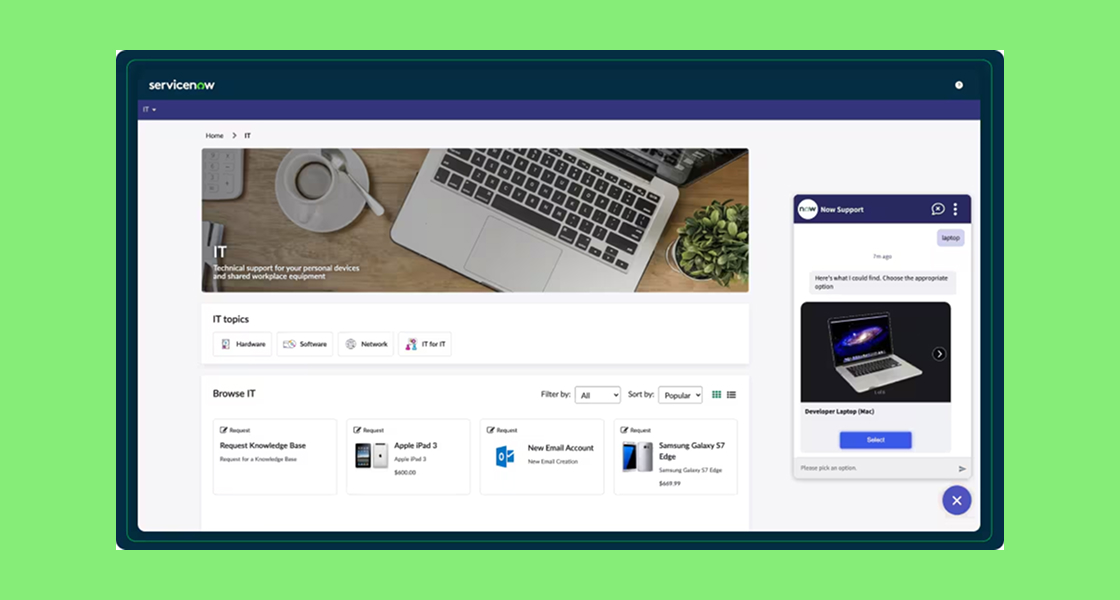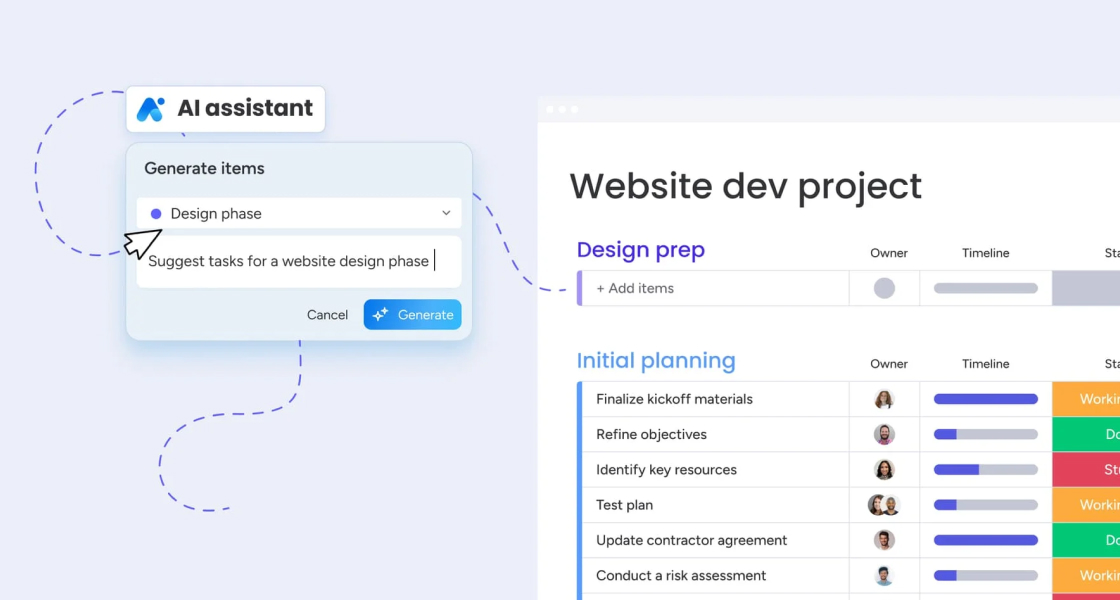Software Implementation: 5 Tips for a Successful Project

Integrating new technologies into digital environments is intimately linked to the improvement of any business. However, the successful implementation of a new tool within corporate systems can sometimes be a big challenge for companies.
If you are looking for a software implementation project that is truly successful, we recommend that you take a look at these tips that we have prepared for you. Read on and learn more.
5 Tips for Conducting a Successful Software Implementation Project
#1 Plan properly
The most important criterion you must take into account when choosing and implementing software is the particular context of your company. What are your needs? Where do you want to go with the new software? Based on this information is that you must start planning the project. After that you must:
- Create a roadmap that helps you manage the time and activities related to the implementation.
- Set a realistic budget.
- Determine which functional and technical requirements the software must meet.
- Design a program with specific deliverables for each step of the implementation, from research and acquisition to installation and performance monitoring.
#2 Be careful with data migration and operations' disruption
If you are going to replace one tool with another, it is important that you pay close attention to data migration. Correct data conversion and migration should be a priority in any software implementation project, as inaccurate or incorrect data can have a negative domino effect throughout the organization.
To ensure that the integrity of your data is maintained within the new system and the success of the software implementation, you need to start the process of cleaning and correcting the information well in advance. Ideally, your data should be properly organized and stored long before the implementation process begins.
Another factor to take into consideration is the interruption of ongoing operations.
Even the most successful implementations can disrupt a company's operations and lead to a reduction in productivity that can temporarily affect the company's workflow.
Keep this in mind and make sure you create a realistic implementation plan, where time and resources are allocated correctly. Generate contingency plans and keep your staff informed. This will allow you to respond more quickly in the event of an unplanned business interruption.
#3 Establish a small internal team to oversee and manage the implementation project.
We recommend that you set up a team to take care of the implementation. The size of this team will depend strictly on the complexity of the project. However, there are three extremely important roles that you must play in any successful implementation project.
Project Manager, in charge of coordinating that all the phases of the project are carried out within the established time. A technical leader, whose function will be to configure the tool according to the requirements of the company and a User Leader; in charge of sending the configuration requests to the technical leader, according to the needs of the business.
#4 Consider hiring an IT service provider
Your company may not have an internal IT team, or your employees simply need extra support to get to know the tool better and carry out the project successfully. In any case it is important that you hire the right provider.
It must be able to offer you a professional IT consulting and software implementation project management service: This provider must be able to count on:
- A team with the necessary experience and computer skills.
- The resources needed for efficient knowledge transfer.
- A solid understanding of business.
- Excellent communication skills, as you will work hand in hand with your internal team.
In addition, they should be able to provide you with a detailed analysis of the various initial costs (including possible costs of unforeseen situations during execution), and of the evolution of the project as it develops.
Remember that choosing the right supplier is almost as important as choosing the right tool. Keep this in mind and take the time you think is best to evaluate the various options available.
#5 Do lots of tests
No implementation project can be successful if it does not include a test phase. Testing is a critical part of the implementation because it will help you identify problems and whether your software, once installed in the environment you want it, meets your expectations.
There are some best practices you can follow when testing:
- Give the end users the opportunity to evaluate the software's performance: In this case, first of all, try to invest in training for the end users. Make sure they know the software well and listen to their opinions and suggestions if they have them.
- Carefully evaluate not only the features you think you will usually need, but also those you think you will use less often. Remember, bugs can be found anywhere and you need to identify them as quickly as possible.
- Apply the right kind of testing (including database deployment and system performance testing).
In the process of adaptation and training you can ask for the support of the tool provider.
In short:
- Plan always thinking about the interests and needs of your company.
- Be careful with data migration and disruption of activities
- Create a small internal team to manage the implementation project.
- Hire an IT provider with the necessary expertise.
- Keep your staff well-informed and invest in ongoing training.
Now, all you have left is to see how your business improves with the help of the new tool.
Do you want to start your software implementation project now? Contact us. At GB Advisors we have the tools and the right team to help you carry out your ideas successfully.















